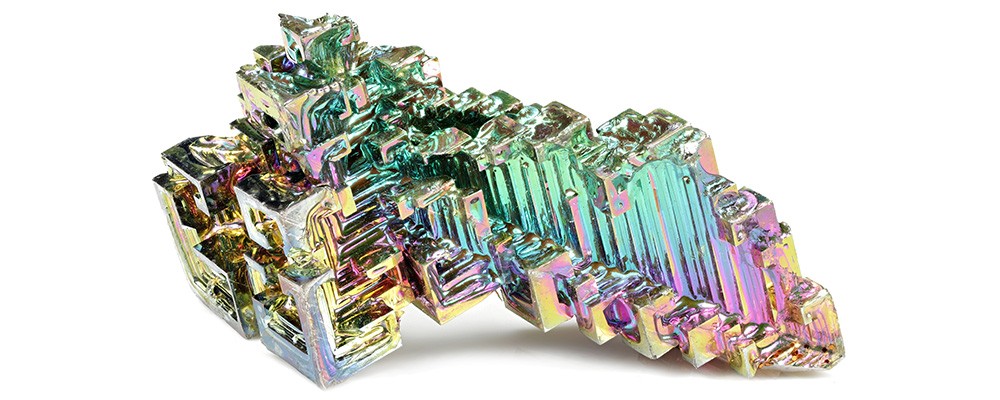Filter
Looking for something?
If you do not see anything that suits your needs, please get in touch with your requirements.
Custom EnquiryBi Rod 3.18mm dia. 99.99% pure
Bismuth
Bi Rod 6.35mm dia. 99.99% pure
Bismuth
Bi Rod 12.7mm dia. 99.99% pure
Bismuth
Bi Rod 15.88mm dia. 99.99% pure
Bismuth
Bi Rod 19mm dia. 99.99% pure
Bismuth
Bi Rod 25.4mm dia. 99.99% pure
Bismuth
Bi Sheet Thickness 3.18mm (0.125")
Purity 99.9% & 99.99%, Bismuth
Bi Sheet Thickness 6.35mm (0.250")
Purity 99.9% & 99.99%, Bismuth
Bismuth Bi, Available purities 99.9%, 99.95%, 99.99% & 99.999%
Bismuth oxide Bi2O3,
Available purity 99.99%
Bismuth telluride Bi2Te2,
Available purity 99.99%
Bismuth Lead alloy Bi55.5-Pb44.5 wt%,
Available purity 99.99%
Bismuth Iron oxide BiFeO3,
Available purities 99.9% & 99.99%
Bismuth Manganese oxide Bi(2)Mn(4)O(3),
Available purity 99.9%
Bismuth telluride Bi2Te3,
Available purity 99.99%
Bismuth-Tellurium Bi2Te,
Available purity 99.99%
Bismuth selenide Bi2Se3,
Available purity 99.99%
Bismuth Antimony Telluride Bi-Sb-Te,
Available in various ratios wt% or at%, Purity 99.99%
Bismuth Titanate Bi4Ti3O12,
Available purity 99.9%
Bismuth-Strontium-Calcium-Copper oxide Bi2Sr2CaCu2O8,
Available purity 99.99%
Bismuth-Cobalt oxide Bi1.1Co1O3.15,
Available purity 99.9%
Bismuth-Cobalt-Lead-Vanadium oxide,
Available in various ratios wt% or at%, Purity 99.9%
Bismuth-Sodium-Titanium Oxide Bi1-2Na1-2TiO3,
Available purity 99.9%
Bismuth-Tin Bi-Sn,
Available in various ratios wt% or at%, Purity 99.99%
Bismuth Zinc Niobium Oxide Bi1.5Zn1.0Nb1.5O7,
Available purity 99.95%
Bismuth-Iron-Manganese Oxide Bi1.1Fe0.95Mn0.05O3,
Available purity 99.9%
Bismuth Iron oxide-Barium Titanate-Manganese oxide Bi1.1FeO3-BaTiO3-MnO2,
Available in various ratios wt% or at%, Purity 99.9%
Bi2Te3 TRG 50.8mm dia. x 5mm Tk 99.99% Pure
Bismuth Telluride
BiTe mol% TRG 76.2mm dia. x 4mm Tk 99.99% Pure
Bismuth Telluride
Bi2Se3 TRG 50.8mm dia. x 3mm Tk 99.99% Pure
Bismuth Selenide
Overview
Bismuth (chemical symbol Bi) is a heavy, brittle metal with a distinctive pinkish-silver colour, belonging to Group 15 of the periodic table. It is the heaviest of the naturally occurring non-radioactive elements and is typically found in minerals such as bismuthinite and bismite. Bismuth has been used since ancient times and is valued for its unique properties and various applications in modern technology and industry.
Properties
Bismuth has several notable properties that influence its uses. It has an atomic number of 83 and an atomic mass of 208.98 u. Bismuth is relatively dense, with a density of 9.78 g/cm³, and has a low melting point of 271.3 °C and a boiling point of 1,560 °C. The metal is characterized by its low thermal and electrical conductivity and its ability to expand slightly upon solidification, which is unusual for metals. Bismuth is also chemically stable and does not react strongly with air or water, making it suitable for a range of applications.
Applications and Uses
Bismuth is used in a variety of industrial and scientific applications due to its unique properties. In the pharmaceutical industry, bismuth compounds are used in medications for treating gastrointestinal issues, such as Pepto-Bismol, which helps to relieve symptoms like nausea and indigestion. In the electronics sector, bismuth is employed in the production of low-melting alloys, such as those used in safety devices and fire protection systems, due to its ability to melt at relatively low temperatures. Additionally, bismuth is used as a replacement for lead in certain applications, such as in free-machining alloys, to reduce toxicity and environmental impact.
In metallurgy, bismuth is added to other metals to improve machinability and reduce the environmental impact of traditional lead-containing alloys. It is also used in the production of special-purpose materials, such as bismuth telluride, which is employed in thermoelectric devices for generating electricity from heat. Bismuth's low thermal conductivity and stability make it valuable in applications requiring precise temperature control and reliable performance.
Safety and Environmental Impact
Bismuth is generally considered to be non-toxic compared to other heavy metals like lead, making it a safer alternative in many applications. However, as with any heavy metal, proper handling and disposal procedures should be followed to minimise any potential environmental impact.
Summary
Bismuth is a heavy, pinkish-silver metal with a range of applications in pharmaceuticals, electronics, and metallurgy. Its unique properties, including low thermal conductivity and expansion upon solidification, make it valuable for various technological and industrial uses. Testbourne offers high-quality bismuth products, providing reliable materials for scientific and industrial applications while ensuring safety and performance.


